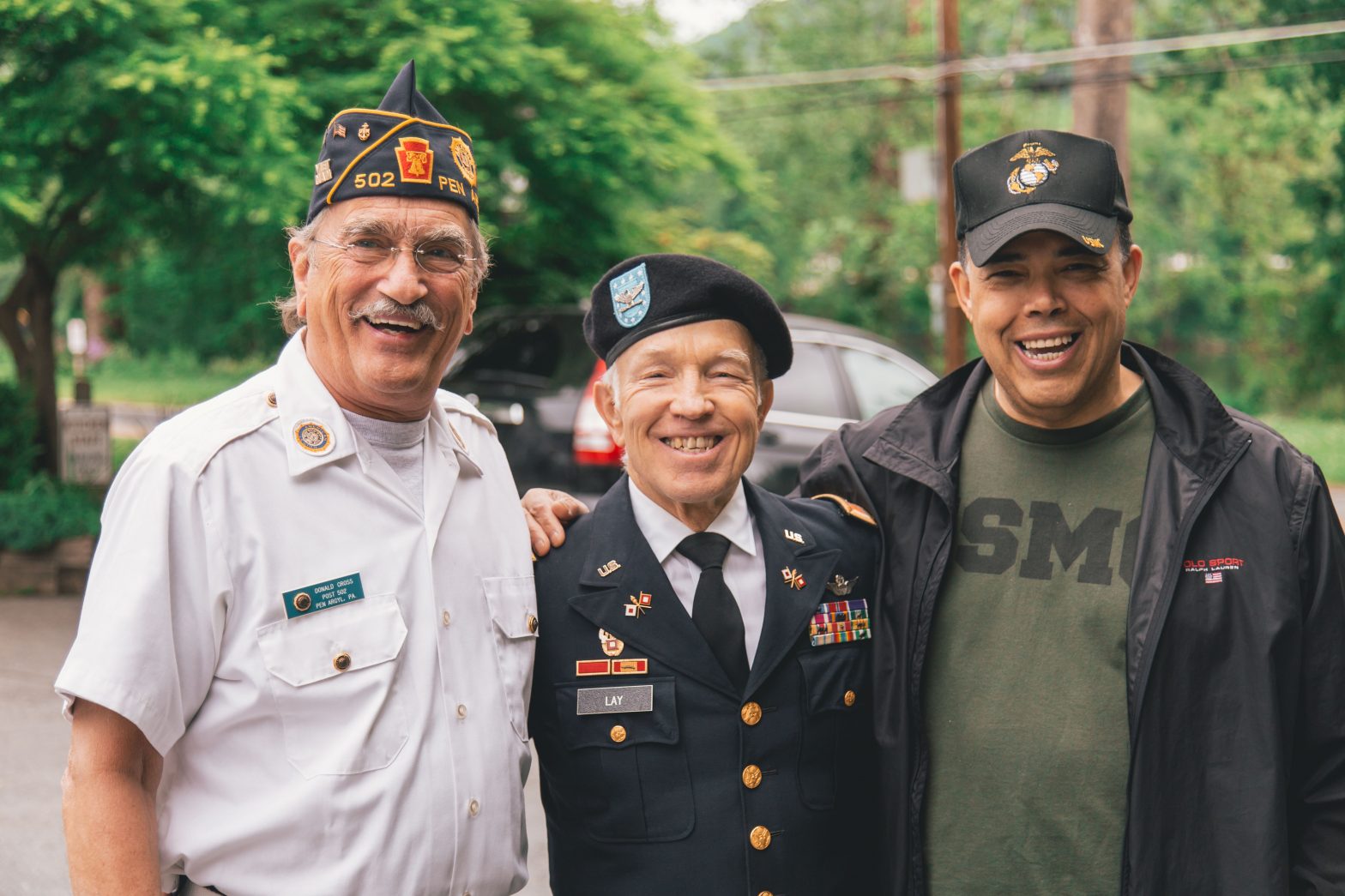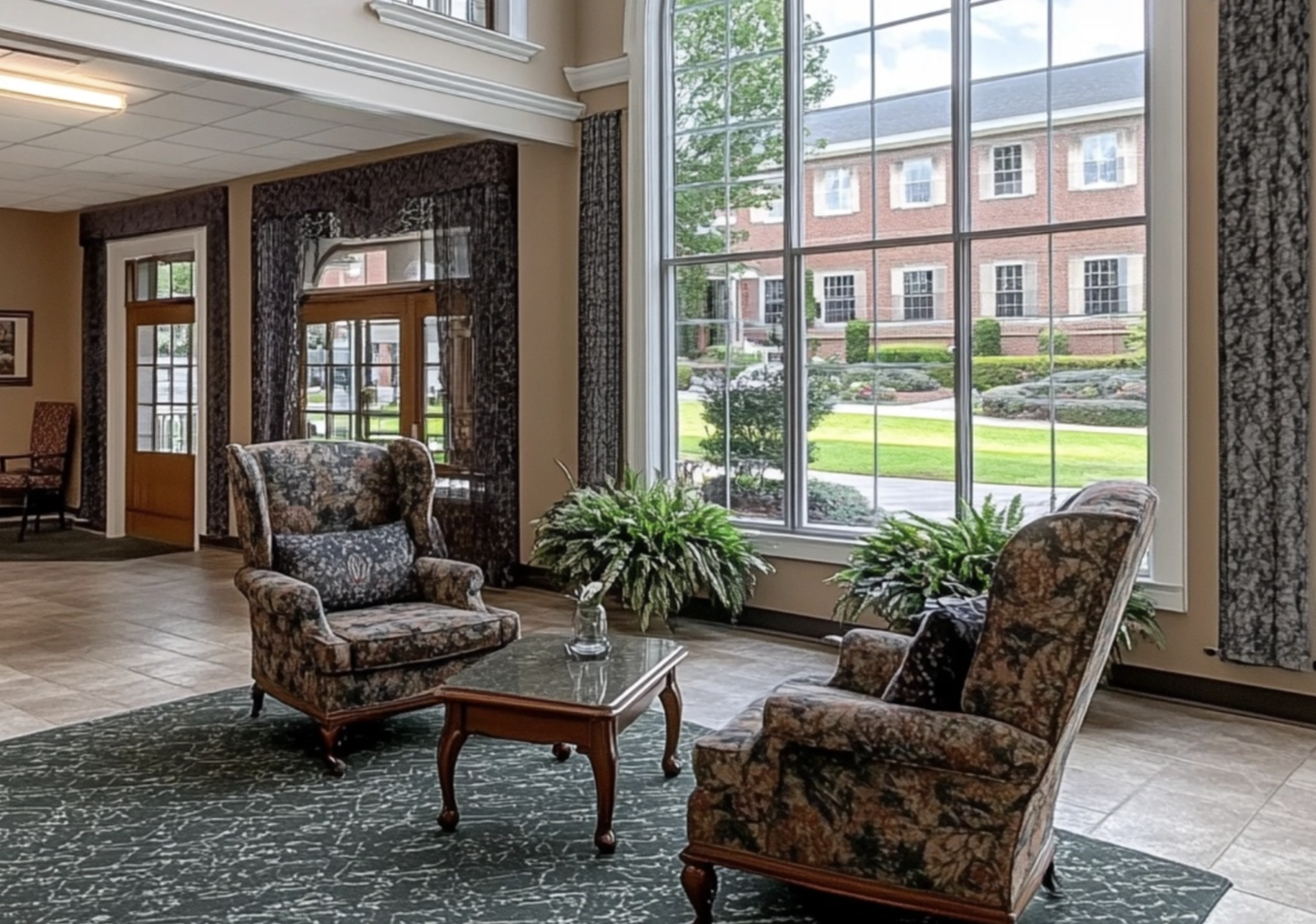Guide to Veterans’ Benefits
Military veterans are eligible for a wide range of benefits. While many of these benefits apply exclusively to active military personnel, there are many benefits for veterans over the age of 65. If you’re a United States military veteran, you may be eligible for medical benefits, life insurance, and more.
You’ll learn about benefit eligibility, health benefits, pensions, life insurance, and burial benefits in the article below. With the following information in hand, you’ll be prepared to apply to these programs.
Your Most Important Document: the DD Form 214
The DD Form 214 is paperwork issued by your branch of service, and a copy of this document must be retained for you to apply for veterans’ benefits. This document verifies your military service and provides essential information about your time in the military.
If you want to apply for benefits such as medical care, you need your DD Form 214. You should treat this document like all other important documents (like birth certificates and car titles). Even if you aren’t currently enrolled in any veteran programs, keep these documents forever.
Some branches have an alternative form, the DD Form 256. Both the National Guard and Reserves use these documents instead of the DD Form 214.
If you don’t have your DD Form 214, contact your last unit or the National Archives in St. Louis, Missouri. You can also use the eVetRecs system online to request your military documents. You can also fill out the Standard Form SF-180 to request these documents.
VA Medical Benefits Eligibility
Your VA medical benefits eligibility doesn’t mean you’ll get 100% free healthcare. When you apply for eligibility, you’ll get information about what care is covered and how much you’ll pay in co-pays and fees.
Your priority number determines the costs of your healthcare through the VA. Anyone who served on active duty is eligible to request medical benefits. Guard and Reserve members may qualify if they were called upon by Federal Executive Orders.
Several factors determine eligibility. Information about when and where you served, service-connected disabilities, injuries during active duty, income level, and other information will determine your eligibility level.
Most Vietnam War and Persian Gulf War veterans are eligible. If you served in Iraq and Afghanistan, you might qualify for benefits for up to five years after you return home. You do not need combat wounds or combat-related illnesses to be eligible for VA medical benefits.
When in doubt, apply for eligibility. You may be approved for some amount of health coverage, so it never hurts to apply.
Priority for Eligibility
Priority groups help the VA determine who needs care most urgently so urgent needs are met promptly. Those with low income or severe disability are often in higher priority groups than those with high income and no disability.
There are eight different priority groups. Your personal information impacts your priority level. Some things that affect priority numbers include:
- Purple Heart medal or Medal of Honor recipients have a higher priority level.
- Those with disabilities caused by military service are at a higher priority level.
- Those with severe disability or housebound status will have priority over those who can leave the house on their own.
- Those who qualify for Medicaid or VA pension benefits may have a higher priority level.
- A dishonorable discharge will move you to a lower priority level if you remain eligible at all.
Your priority level will determine how quickly you’ll get benefits and how much of your expenses will be paid by the VA.
For example, groups 1 to 5 pay nothing for their first three urgent care visits in a year, then $30 for each subsequent visit. Groups 6 through 8, however, pay $30 for all Urgent Care visits (including the first three). Groups 1 to 6 will also pay less for inpatient hospital stays than groups 7 and 8.
Veterans Health Insurance
You can receive basic medical insurance through the VA, including wellness and preventative care, immunizations, inpatient hospital services, and other care. In some cases, you can use this benefit for dental or special care.
The VA Health Care for Elderly Veterans is a program for veterans with complex medical needs. These veterans need long-term care not covered by standard insurance. This program also has Geriatrics and Extended Care, an additional benefit for veterans living in care centers or at home with home and community-based services.
Veterans Pension Benefit
The Veterans Pension Benefit is a need-based, tax-exempt pension benefit for low-income veterans who served at least one day during wartime. The Veterans Aid and Attendance Benefit provides up to $1800 a month to benefits who need assisted living, nursing home care, or in-home services.
To be eligible for the Veterans Aid and Attendance Benefit, some the following must be true:
- You’re 65 or older.
- You’re totally and permanently disabled.
- You need skilled nursing care in a nursing home.
- You’re receiving Social Security Disability Insurance.
- You’re receiving Supplemental Security Income.
Veterans meet the criteria for “totally and permanently disabled” if one or more of the following is true:
- You need help with daily living activities (like bathing or dressing).
- You must stay in bed for a large portion of the day.
- You’re living in a nursing home because of health needs.
- Your eyesight is 5/200 or less in both eyes, even with glasses or contacts.
Eligibility is determined on a case-by-case basis. If you meet some of the eligibility criteria, it doesn’t hurt to apply for these benefits. To apply, complete VA Form 21P-527EZ (Application for Pension). Send the form and appropriate documentation to the Pension Management Center (PMC) for your state of residence.
This benefit can cover up to $1800 a month for a veteran and up to $900 a month for unmarried widows of veterans. However, individuals must also meet income and asset requirements to qualify.
Because the government believes veterans deserve a safe place to live, they also offer additional supports. The Housebound program offers increased monthly pension payments to assist with medical costs for veterans who cannot leave the house because of permanent disability.
Both the Veterans Aid and Attendance Benefit and Housebound have net worth and income limits. While the funds from these programs can help with living expenses, they do not directly pay for assisted living or nursing home care.
These funds don’t pay for all the costs associated with long-term care. However, they can help veterans get the long-term care they need. To be eligible for the Housebound program, the veteran must be confined to their home, a nursing home, or an assisted living facility.
To apply for Housebound, use VA Form 21-2680 to apply. Your doctor will need to document your disability, but the extra pay can help with your medical care.
Unfortunately, there are long wait times for approval for these programs. You should apply as soon as you’re eligible, based on need. The good news is that the benefits are retroactive. That means you’ll get paid for the time you’re waiting for approval.
Life Insurance
Military personnel and veterans can apply for life insurance through Servicemembers Group Life Insurance Program (SGLI) and Veterans Group Life Insurance (VGLI). Since the VA backs both these programs, you don’t have to worry about whether the policy will pay out to your surviving family members.
However, these life insurance policies require you to enroll while in the service or shortly after leaving the service. They sometimes provide an open season that allows veterans to apply outside of the typical signup period. These rare occasions may allow you to enroll if you missed your eligibility window.
However, the VGLI charges premiums based on a person’s age. That means your premiums will increase as you age. Many veterans are better off getting private term life insurance policies if they’re able to afford them.
Burial Benefits and Military Funeral Honors
Some veterans are eligible for free burial services. As long as you have no record of dishonorable discharge, you may be eligible.
The funeral home will often arrange Military Funeral Honors. However, they will need your military documentation to get started with the process.
The VA can pay most eligible surviving spouses a basic monetary burial benefit based on the maximum amount authorized by law. These payments come through an automatic system. They are not reimbursements for the actual costs of burial.
Suppose a veteran dies from a cause unrelated to their military service. In that case, their surviving spouse may be eligible for $300 for funeral and burial expenses and up to $807 for plot or interment expenses. Spouses must submit an application for burial expenses within two years of their loved one’s burial.
If the veteran dies from a cause connected to their military service, there’s an available burial allowance of up to $2,000. There’s no time limit to apply for this allowance, although the veteran must have a burial date after September 11, 2001. Once you apply for this benefit, you must provide the requested documentation within a year to remain eligible.
Memorial Services & National Cemetery Burial
Veterans, their spouses, and minor children can be buried at one of 131 National Cemeteries. To be eligible, the veteran must complete the required service period and have no record of dishonorable discharge.
Plots at the National Cemeteries cannot be reserved in advance. The VA Regional Office can help you determine eligibility for burial.
Veterans buried in private cemeteries are eligible for a government-provided headstone or marker, a burial flag, and the Presidential Memorial Certificate. Families may also receive a burial allowance to cover expenses.
To apply, download, and submit VA Form 21P-530 (Application for Burial Allowance). Mail the completed document and necessary forms to the Pension Management Center for your state.
Conclusion
Veterans’ benefits can be difficult to navigate, especially since different programs have different requirements. If you’re a retired veteran, you may be eligible for additional financial support. There are programs to help with medical expenses, nursing home care, and funeral services.
If you aren’t sure what programs you’re eligible for, reach out to your local VA office for more information and assistance.












